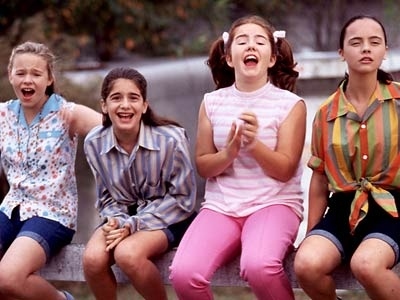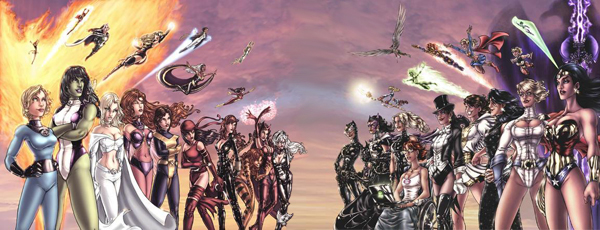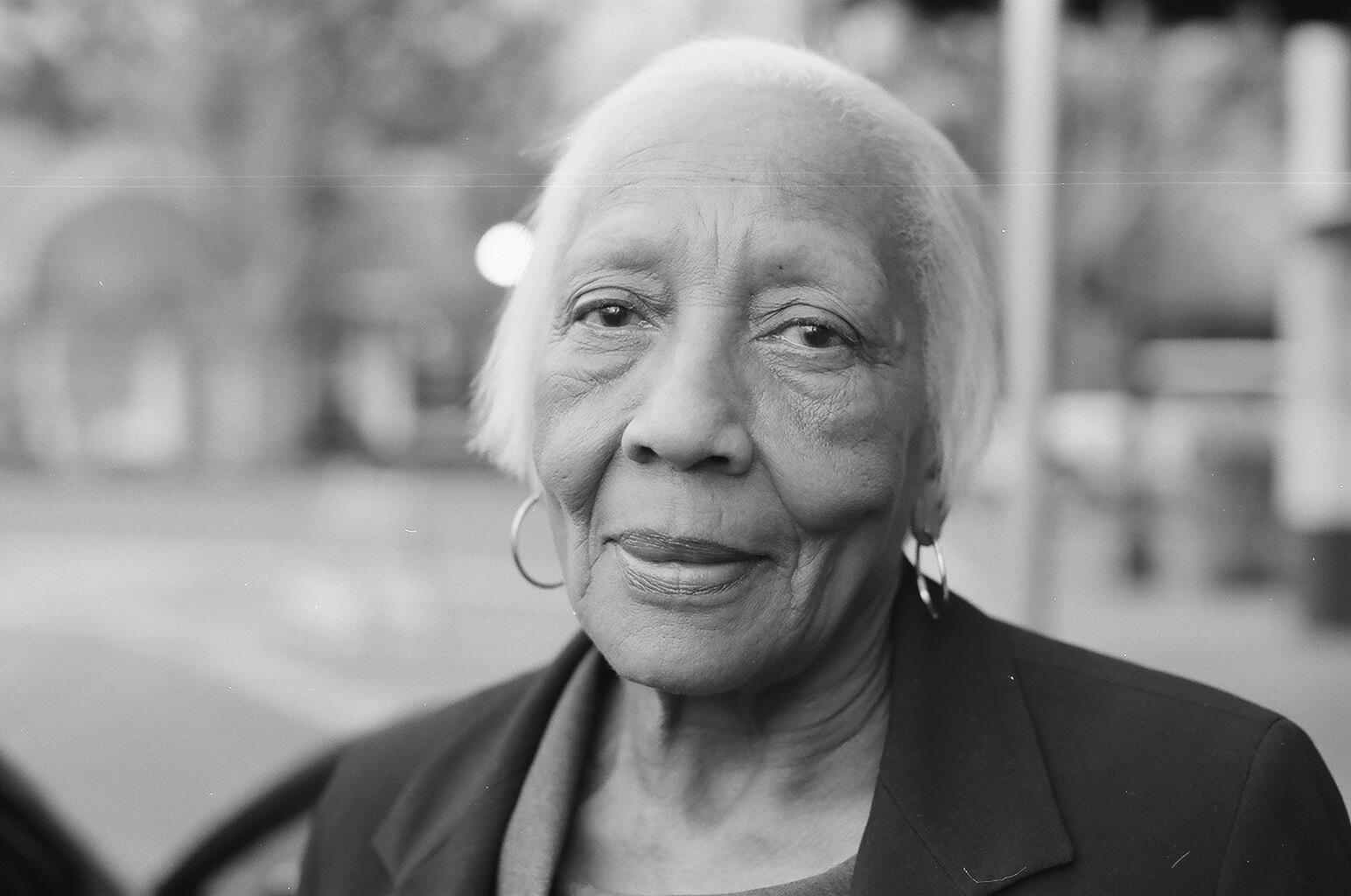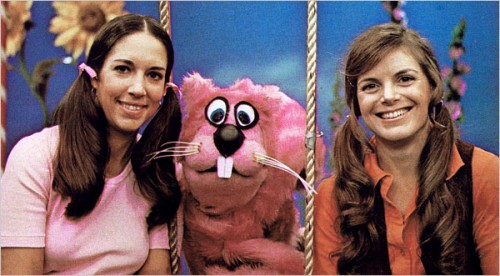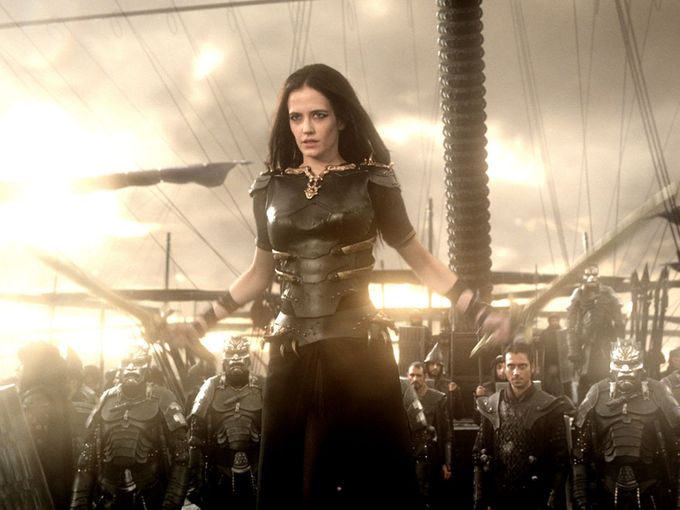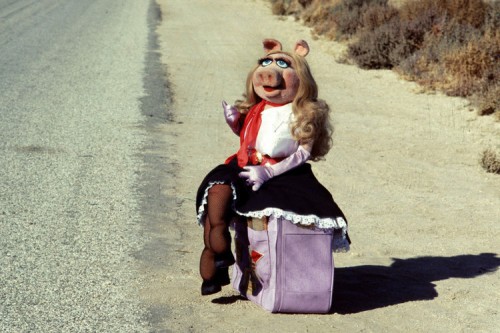Writer-director Justin Simien’s crowd-funded ‘Dear White People’, which has its US release (and real distribution) this Friday, Oct. 17, feels like a similar breakthrough. The film follows four African American students at prestigious Winchester University: gay (though he says he doesn’t believe in “labels”) student newspaper reporter Lionel (Tyler James Williams); straight-arrow, high-achieving son of Winchester’s Dean, Troy (Brandon P Bell); ambitious aspiring reality TV star, Coco (Teyonah Parris, whom at first I didn’t recognize in modern hair, dress and light contacts: she also plays Dawn on Mad Men); and Sam (short for Samantha) White (Tessa Thompson), the acid-tongued, outspoken college radio host of the title program, which includes proclamations like “Dear white people, breaking news: the amount of Black friends required to not seem racist has now been raised to two. Sorry, your weed man Tyrone does not count.”


